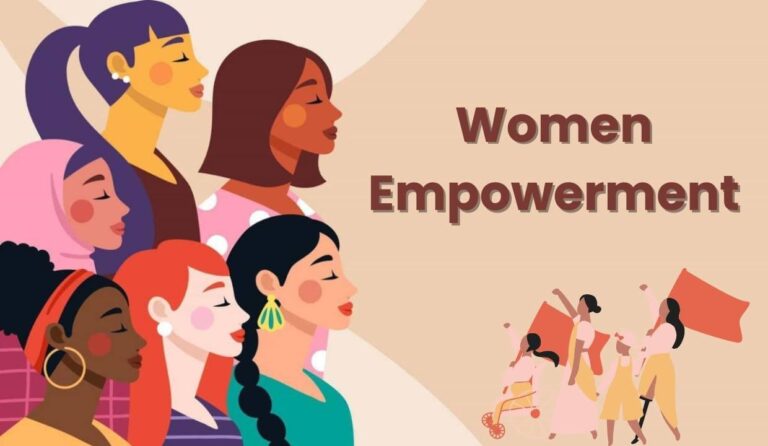Introduction
In recent years, Bangladesh has made significant progress in addressing poverty, yet challenges remain. One key strategy that has proven effective is women’s empowerment, which plays a crucial role in driving change. This article explores the various dimensions of women’s empowerment in Bangladesh and its impact on poverty reduction.
The Importance of Women’s Empowerment
Women constitute a large portion of Bangladesh’s population and their active participation is essential for sustainable development. Empowering women not only improves their individual lives but also contributes to the economy by increasing household income and enhancing productivity.
Economic Empowerment
Economic empowerment of women leads to greater financial independence. By providing opportunities for education and vocational training, women in Bangladesh can engage in income-generating activities, which in turn reduce poverty levels significantly (learn more about this initiative here).
Access to Education
Education is a powerful tool for women’s empowerment and poverty alleviation. Increased access to education for girls in Bangladesh has shown to correlate with reduced child marriage and improved health outcomes for families.
Healthcare and Well-being
Investing in women’s health is crucial for community development. Women’s health initiatives reduce maternal mortality rates and increase child survival, leading to healthier families and communities overall.
Challenges Ahead
Despite progress, women in Bangladesh still face numerous barriers to empowerment. Societal norms, discrimination, and lack of access to resources continue to hinder their advancement in various sectors.
Conclusion
The empowerment of women is integral to tackling poverty in Bangladesh. By continuing to invest in their education, health, and economic opportunities, we can create a more equitable society that benefits everyone.

